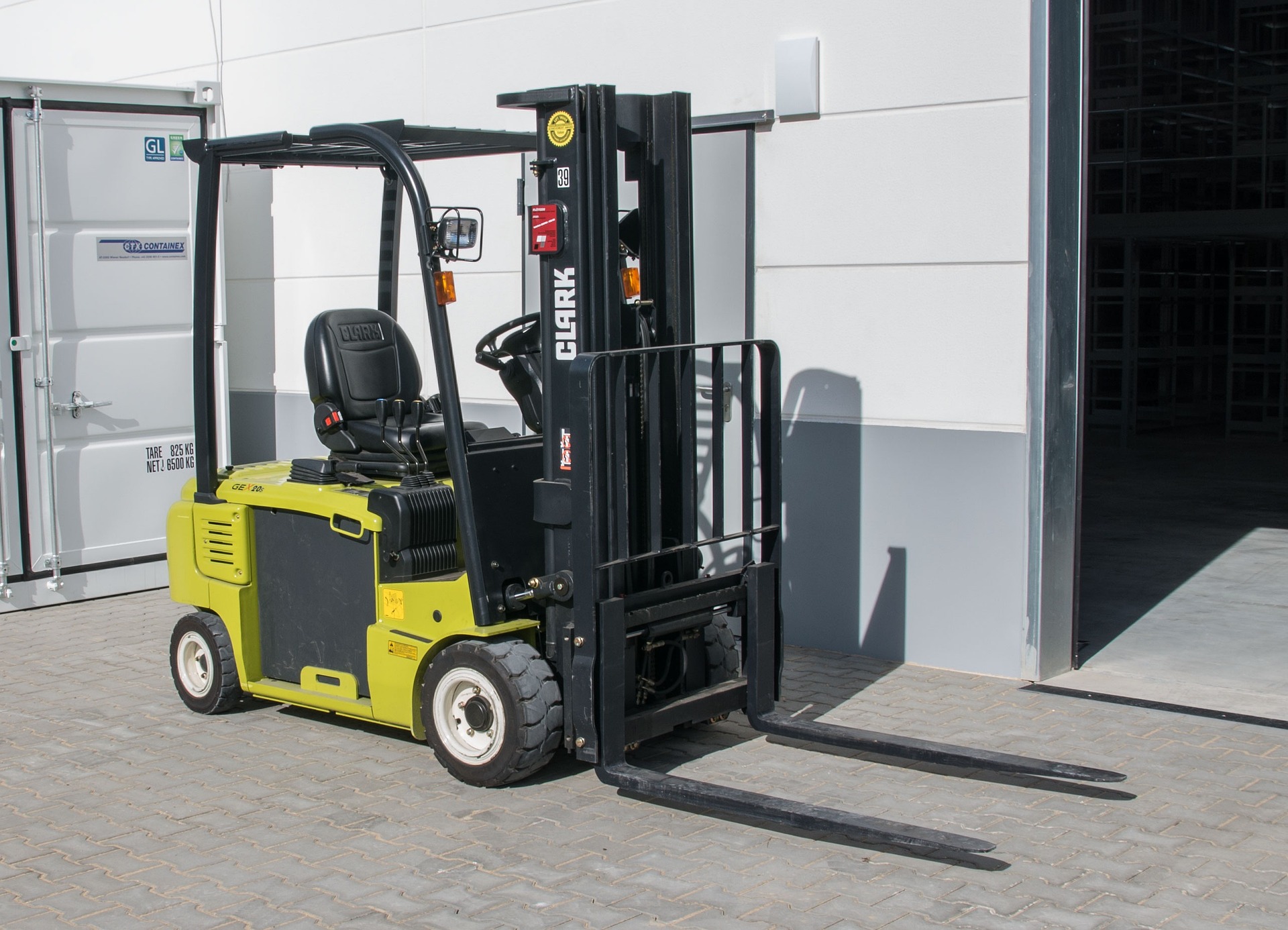Understanding Forklift Jobs in France: What to Expect
Forklift jobs in France are an option for individuals looking for stable warehouse or logistics roles. While requirements may vary, some experience with machinery and basic safety knowledge can be beneficial. Additionally, English language skills are often seen as a plus. Discover more in this article.

What Qualifications Are Needed for Forklift Jobs in France?
In France, forklift operation requires specific certifications and qualifications. The most important credential is the CACES (Certificat d’Aptitude à la Conduite En Sécurité), which translates to “Certificate of Aptitude for Safe Driving.” This certification is categorized by different numbers that correspond to specific types of equipment:
-
CACES 1: For small warehouse equipment like pedestrian-operated pallet trucks
-
CACES 3: For counterbalanced forklifts up to 6,000 kg
-
CACES 5: For heavy-duty forklifts over 6,000 kg
Most employers require at least CACES 3 certification, which must be renewed every 5 years. Additionally, having a driver’s license and some prior experience in warehouse settings is often preferred but not always mandatory, as some companies provide training programs for promising candidates.
The French Warehousing and Logistics Industry Landscape
France has a robust logistics network centered around key transportation hubs in regions like Île-de-France (Paris area), Hauts-de-France (near Belgium), Auvergne-Rhône-Alpes, and around major port cities like Marseille and Le Havre. Warehouse work with forklifts is available in various sectors:
-
E-commerce fulfillment centers
-
Manufacturing facilities
-
Food distribution centers
-
Retail logistics operations
-
Shipping and freight terminals
-
Automotive parts distribution
The logistics sector in France employs over 1.8 million people, representing approximately 10% of the country’s companies. Major logistics employers include Geodis, XPO Logistics, Kuehne+Nagel, FM Logistic, and ID Logistics, along with warehouse operations for companies like Amazon, Carrefour, and Leclerc.
Daily Responsibilities and Working Conditions
Forklift operators in France typically work in shifts, often including early mornings, evenings, and occasionally weekends, depending on the industry. The standard workweek is 35 hours, though overtime may be available. Daily responsibilities generally include:
-
Loading and unloading trucks and containers
-
Moving materials between storage locations
-
Stacking and retrieving palletized goods
-
Operating warehouse management systems and scanning equipment
-
Performing basic equipment maintenance checks
-
Following strict safety protocols and procedures
-
Maintaining accurate inventory records
Working conditions vary significantly based on the facility. Modern logistics centers often have climate control and ergonomic equipment, while older warehouses may present more physically demanding environments. Safety standards are strictly enforced under French labor regulations, with regular inspections and mandatory safety equipment.
Salary and Benefits for Forklift Jobs in France
Forklift operators in France can expect varying compensation based on experience, location, and industry sector. The salary structure typically includes base pay plus potential bonuses and benefits.
| Position Level | Average Monthly Salary (€) | Average Annual Salary (€) | Additional Benefits |
|---|---|---|---|
| Entry-level | 1,600 - 1,800 | 19,200 - 21,600 | Meal vouchers, transportation allowance |
| Experienced | 1,800 - 2,200 | 21,600 - 26,400 | Above + performance bonuses |
| Senior/Specialized | 2,200 - 2,800 | 26,400 - 33,600 | Above + additional paid leave |
| Team Leader | 2,500 - 3,200 | 30,000 - 38,400 | Above + management premiums |
Prices, rates, or cost estimates mentioned in this article are based on the latest available information but may change over time. Independent research is advised before making financial decisions.
Beyond the base salary, French employment offers significant benefits including comprehensive healthcare coverage through the national system, retirement contributions, paid vacation (typically 5 weeks annually), family allowances, and protections under French labor law. Many companies also provide supplementary health insurance and meal vouchers (tickets restaurant).
Benefits of English Skills in Forklift and Warehouse Positions
While French is the primary working language, English skills can be surprisingly valuable in forklift and warehouse positions, particularly in multinational companies and international logistics hubs. The benefits include:
-
Improved employment prospects, especially with international companies
-
Ability to understand international shipping documentation
-
Communication with non-French-speaking drivers and suppliers
-
Access to more technical training materials and equipment manuals
-
Potential for career advancement into supervisory or coordination roles
-
Higher salary potential in companies with international operations
Many multinational logistics companies operate in France, including American, British, German, and Dutch firms, where English is often used alongside French. While not mandatory, even basic English skills can distinguish candidates in competitive job markets.
Cultural Considerations for Foreign Workers in French Warehouses
For non-French individuals seeking forklift jobs in France, understanding cultural workplace norms is crucial. French work culture emphasizes formality, hierarchy, and proper social interactions. Key considerations include:
-
Work contracts and labor rights are taken very seriously
-
Punctuality is expected, but social breaks are part of the culture
-
Communication tends to be more formal than in some English-speaking countries
-
Lunch breaks are important social times, often lasting an hour
-
Trade unions have significant influence in many workplaces
-
Addressing colleagues with “vous” (formal “you”) until invited to use “tu”
Work permits are required for non-EU citizens, while EU citizens have the right to work in France. The integration process can be smoother with at least basic French language skills, particularly for handling administrative matters and workplace communication.
Conclusion
Forklift jobs in France offer stable employment with reasonable compensation and strong worker protections. While French language skills remain important, opportunities exist even for those with limited French proficiency, especially in international companies. The combination of proper certification, safety awareness, and willingness to adapt to French workplace culture can lead to rewarding career opportunities in this essential sector of the French economy.




